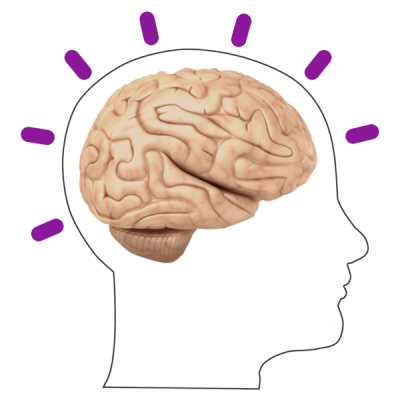Neurodiversity information for parents and young people
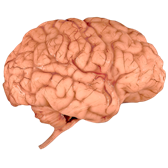
Neurophysiology is the study of brain, spinal cord nerve and muscle function.With our tests we record electrical signals from the body to help tell us what condition you might have.
What are electromyography and Nerve Conduction Studies?
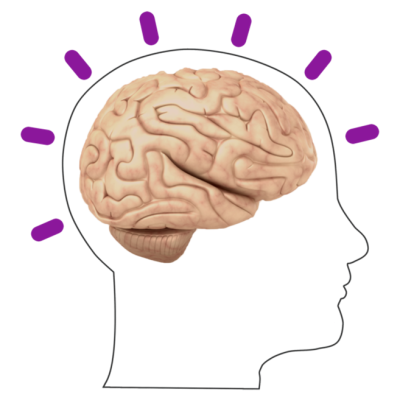
Electromyography (EMG) records electrical activity from your muscles.Nerve Conduction Studies (NDS) record electrical activity from your nerves.
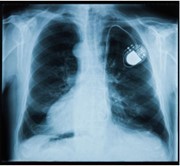
We will need to know if you have a pacemaker or if you are taking blood thinning medicine.
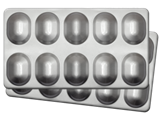
If you are taking oral anticoagulant medicines (this is medicine that helps to prevent blood clots) we will need to know your latest blood results.
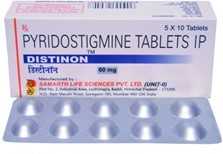
If you are taking the medicine ‘Pyridostigmine’ for illnesses such as Myasthenia Gravis and you’re coming for a Single Fiber EMB test you will need to stop your medicine 12 hours before your test.
Please ask your doctor first before you stop taking any medication.
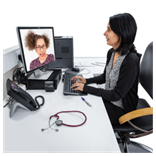
If you have any questions, please ask the doctor that referred you for the test.
What do I need to do to prepare for the test?

Before you come for the test you can have your meals at normal times and continue taking any current medicines that you are on, unless you have been told not to by your clinician.
Bring a list of your medicines and any allergies with you.

Wear loose fitting clothing so that your legs, back, arms, shoulders can easily be reached. The clinician may ask you to remove some jewellery as it might affect the test.
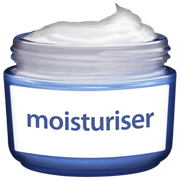
Please note: On the morning of your test please do not use body creams/lotions on your arms and legs (unless this is to treat a skin condition) as this may affect the test and results.
What will happen during my test?

The test will be carried out by a doctor or specialist in nerves called a clinical physiologist.
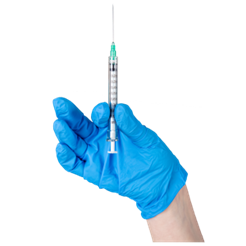
During the appointment we might need to do one of both of the following:
If you are having an EMG test, this involves putting in a needle into the muscles and you may feel a little pain.
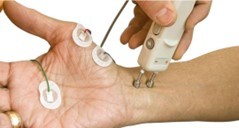
If you are having Nerve Conduction Studies, we will put small electrical stimulus to your nerves and record the results with small stickers and pads that will be put onto your skin.
This will cause some tingling and your muscles may twitch.
Most patients do not find this test painful.
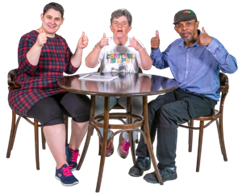
You can bring someone with you to your appointment.
What will happen after my test?

The Nerve Condition Studies have no after-effects.
The EMG may leave you with some bruising or swelling and your muscles may feel a little sore for a few hours afterwards.

There are no long-term results from either of these tests and once completed you can continue your normal activities.

It is rare to have a complication from the EMG, but if you have pain where the needle was put in or you have swelling, some pain, hot/redness or pus, you should get advice from your GP.If it is painful, or if the muscle is stretched or weak, get medical advice straight away.

The results of the test will take a few weeks to be looked at by the physiologist and the doctor.Your hospital clinician will talk about the results with you.

Your GP will also have a copy of the results and you can ask the GP for a copy, if you wish.

If you need more information about this or similar neurophysiological tests, please visit:The British Society for Clinical Neurophysiology (bscn.org.uk)
More information
Contact

For questions or more information please contact Neurology (Neurophysiological Department):
020 8934 6156 (option 3)
Translate

Please talk to a member of staff before or during your visit to the hospital if you require translation support to access Patient Information. Please ring the phone number on your appointment letter, if you have one.
Accessibility
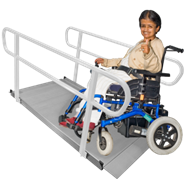
Please talk to the Patient Experience Team on 020 893 3850 if you need this information in a different format.
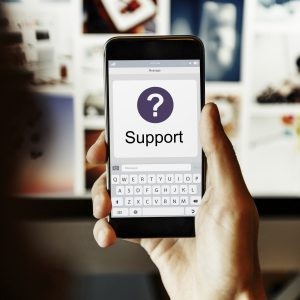
Patient Advice and Liaison Services (PALS)
PALS provides information, advice and support to patients and relatives.
Email: khft.
Phone: 020 8934 3993 (Monday to Friday 9am to 5pm)

Pastoral and Spiritual Support Service
We offer all backgrounds serving people of all faiths.
Phone the hospital switchboard: 020 8546 7711 and ask for the Duty Chaplain, we are available 24 hours a day 7 days a week

Learning Disability Liaison Service
We support patients and carers to plan a visit, helping to organise changes.
Email: khft.
Phone: 020 8934 6895 (Monday to Friday 9am to 5pm)
Contact information
Learning Disability Liaison Service, Monday to Friday 9 am to 5 pm
